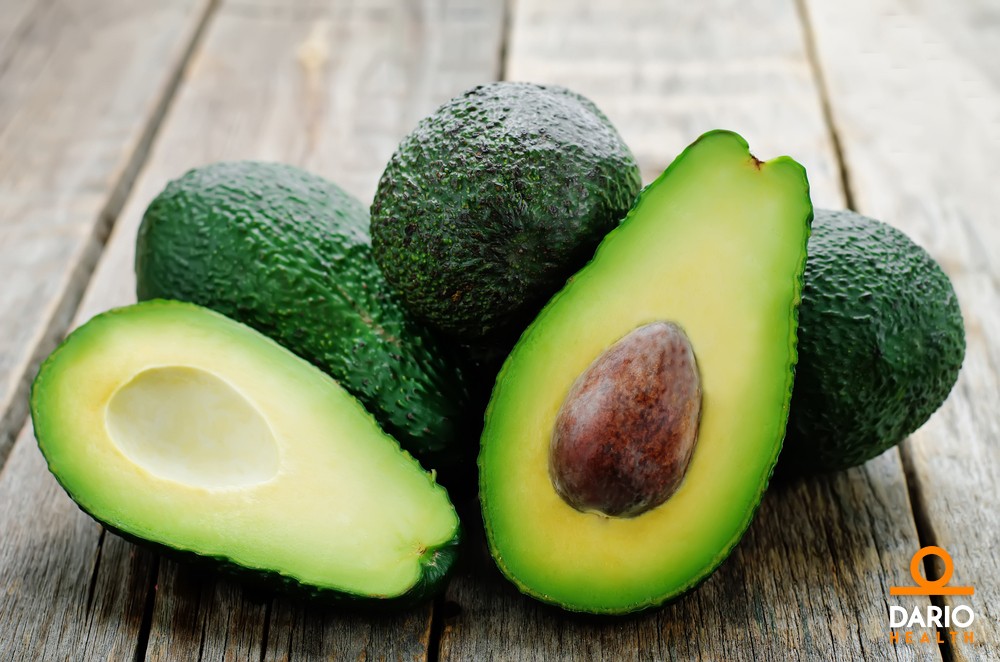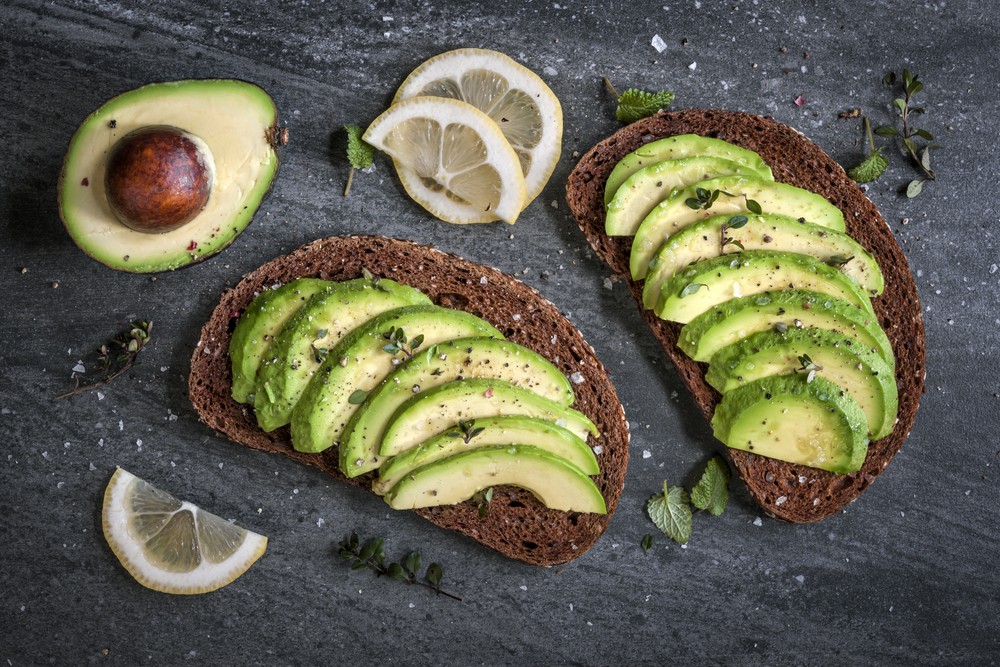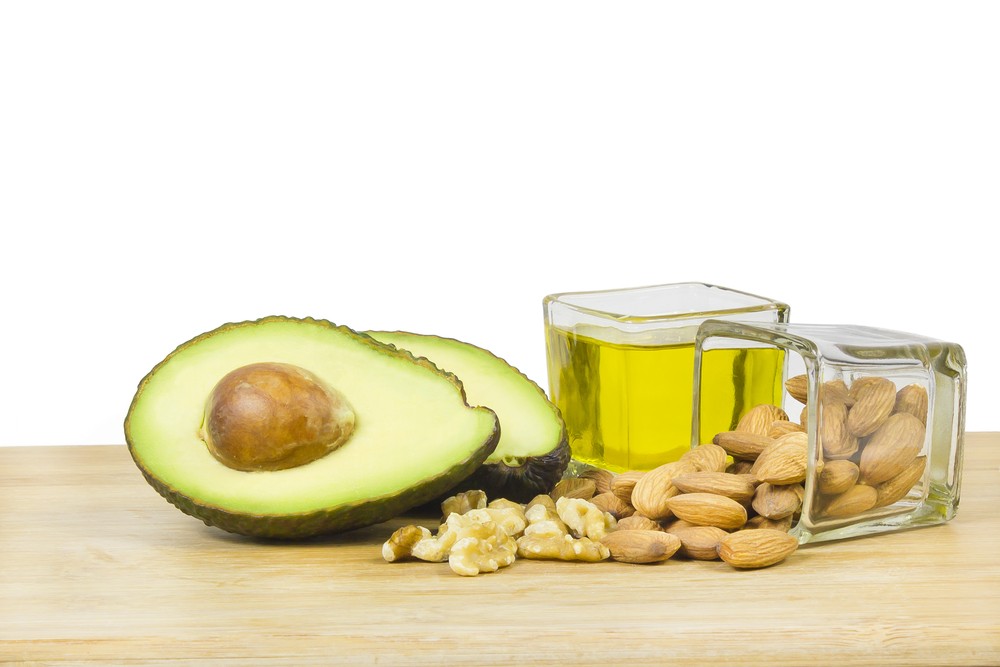
Did you know that avocados aren’t vegetables? In fact, they are fruits and technically are considered berries. Despite the fact that they are native to southern Mexico, avocados can be found all over the world and are grown in various different climates.
That’s because they are one of the world’s most-loved fruits. They make a great addition to any meal or can be eaten as a snack all by themselves.
But besides being a super-versatile food that can mix with all kinds of cuisine, avocados are also considered a superfood because of all the health benefits they pack in their creamy, green filling.
This superfood (or should we say super-fruit) is extremely rich in fiber, encourages weight loss, is known to help reduce high blood pressure and triglycerides, and is naturally gluten-free, dairy-free, and vegan-friendly! The best part of all, some of the above are diabetes risk factors which is why the fruit has been coined an “antidiabetic” powerhouse.
Here are six reasons why avocado is foolproof fare for those living with diabetes:
1) They Are Extremely Rich in Nutrients
There’s no doubting that avocado is one of the tastiest additions to include in your cooking. But besides its thick, creamy, and tangy texture, there are some serious sources of nourishment packed inside.
Avocados are full of potassium, phytosterols, zeaxanthin, and fiber. In fact, avocados are so full of fiber that they are by far the most fiber-packed fruit you can find in the supermarket. Each avocado contains around 10 grams of fiber; that’s five whopping servings of both insoluble and soluble fiber!

These nutrients have a positive effect on the body and a beneficial impact on your blood pressure, blood lipid profiles, and inflammatory stress. The fruit is also a serious source of a variety of vitamins (B5, B6, C, E, and K), folate, and niacin.
2) They Fill You Up and Don’t Leave You Hungry
Thanks to the amount of fiber they contain, avocados are super satiating. By including them in a meal – whether it be a salad, sandwich, or a snack all on their own – avocados help us leave the table gratified, reducing the chances of snacking on less-healthy food later in the day.
3) They are Light on Sugar
You may be thinking that since avocados are considered fruit, they are probably full of natural sugars that are likely to send your blood glucose level soaring. In fact, the berry is super-light in naturally occurring sugars. In 100g of avocado, there are only 0.9g of sugar, of which only 0.1g comes from sucrose. If that’s not a diet-friendly fruit, we don’t know what is![1]
And remember that fiber we talked about before? It helps slow blood sugar absorption so even the small amount of fructose that is found in avocados enters the bloodstream relatively slowly, helping maintain stable blood glucose levels and preventing severe peaks and dips.
4) They Contain Fat, Good Fat
People that watch what they eat tend to stay away from foods that have elevated levels of fat. But did you know there are actually multiple kinds of fat? Saturated fat and trans-fat are unhealthy fats that you should try to avoid, but unsaturated fat is a healthy fat that can help you reduce your cholesterol levels. And guess what? Avocados are full of unsaturated fat.

Over 75% of the fat in avocados is good fat and a 50g serving of avocado contains 5 grams of monounsaturated fat and 1 gram of polyunsaturated fat. Besides being good for your heart, these fats may actually help diabetes patients control their blood-sugar and insulin levels.[2] In addition, avocado oil (just like olive oil) is full of oleic acid. This monounsaturated fatty acid is associated with decreased inflammation and can help prevent the onset of many diseases.[3]
5) They Help You Shrink Your Belly
Believe it or not, studies have shown that high-oleic oils like those found in avocados may even help you lose weight. According to a study from Penn State, participants that ate 3 tablespoons of high-oleic oil per day over a period of four weeks were able to decrease their belly fat by 1.6 percent.[4] What could be better than reducing your belt size by eating this rich and tasty fruit?
6) They Are Nutrient Absorbers
Thanks to all the good fat that avocados supply, fat-soluble nutrients are more readily absorbed into the bodies of those that eat the fruit. The berry provides lutein, zeaxanthin, alpha- and beta-carotenes, and tons of other antioxidants which can help protect your vision, soften your skin and moisturize your hair.
What is the Glycemic Index of Avocados?
If you are a diabetes patient, you may be asking yourself, “What’s the GI of avocados?” Interestingly enough, there are so few carbohydrates in avocados that they have no official glycemic index value.
So, what does that mean for those of us who are living with diabetes and want to know the glycemic indexof each and every piece of food we put in our bodies? Well, the American Journal of Clinical Nutrition puts avocado in a group of foods that “contain little or no carbohydrate.”
According to the group, “it would be exceedingly difficult for people to consume a portion of the foods containing 50g or even 25g of available carbohydrate. Even in large amounts, these foods when eaten alone are not likely to induce a significant rise in blood glucose.”[5]

We know it sounds complicated, but just remember that in practice, avocado is a low-glycemic food and can be readily enjoyed by diabetes patients trying to limit the effects of different foods on their blood glucose levels. Woohoo!
There you have it: this buttery, green berry is the perfect match for all of your meals. Not only are they super tasty and fun to eat, avocados are a nutrient-packed food that could help you keep your diabetes under control. Be sure to incorporate avocado into your diet and keep an eye out for interesting recipes containing this diabetes superfood!
https://mydario.com/diabetes-superfood/Click Here For More Articles
Don't forget to optin to Our Healthy Living Society, for the latest information on health, wellbeing and groundbreaking news about natural nutrition.

No comments:
Post a Comment